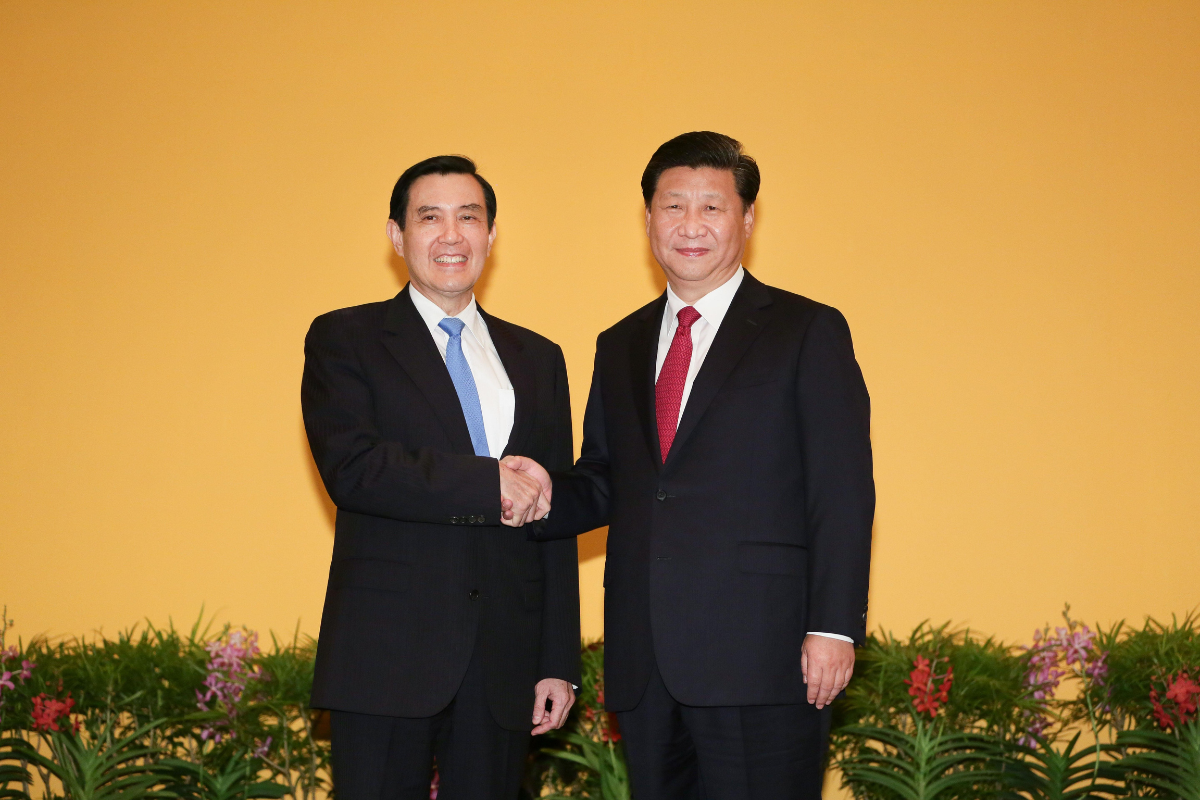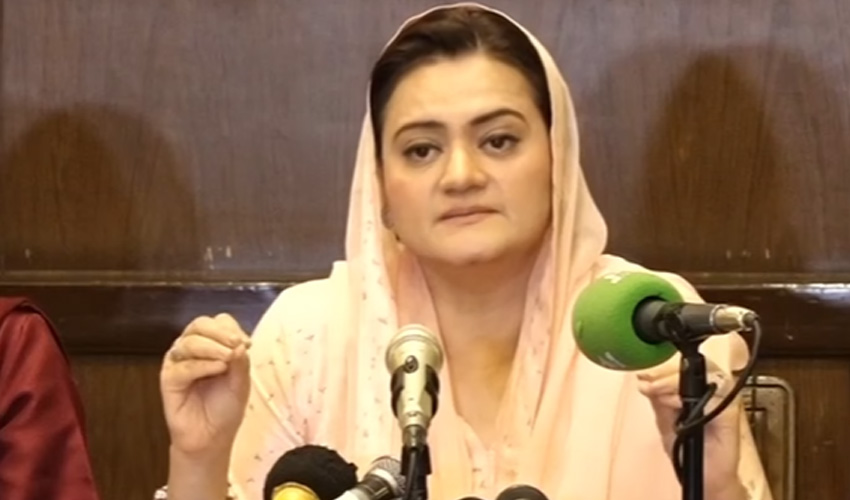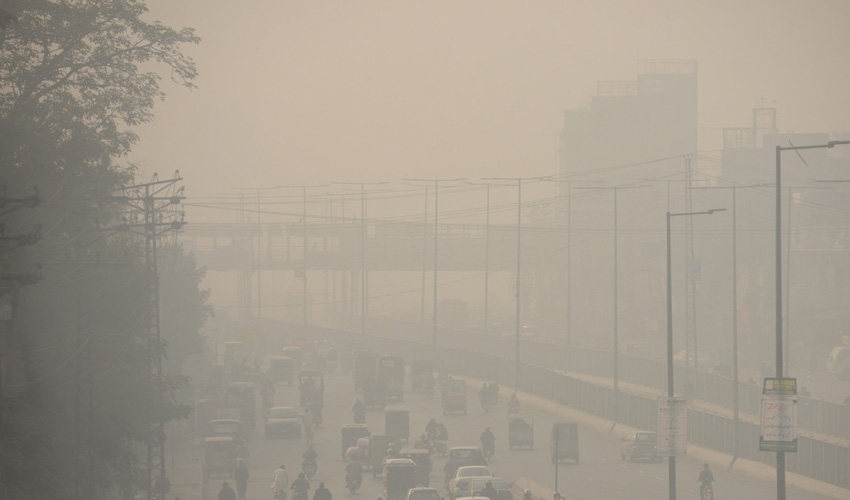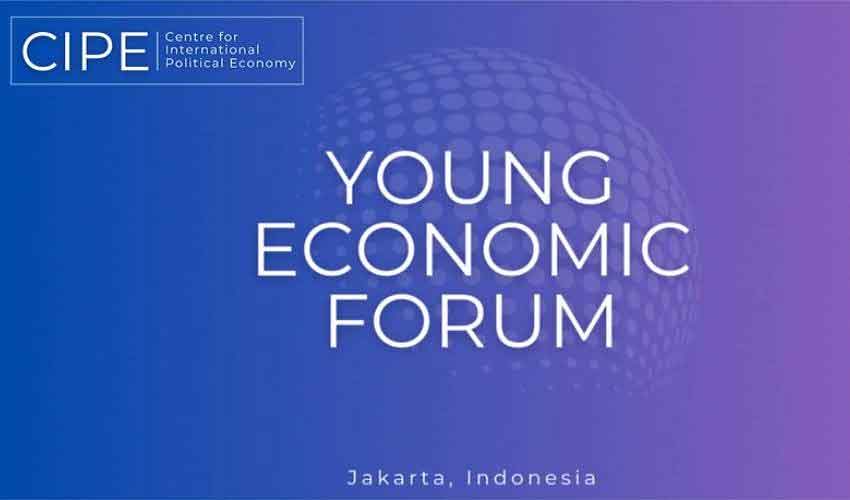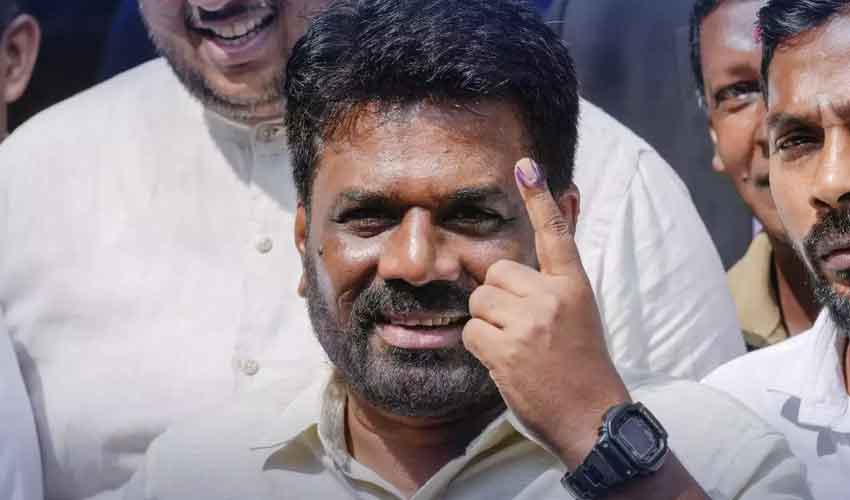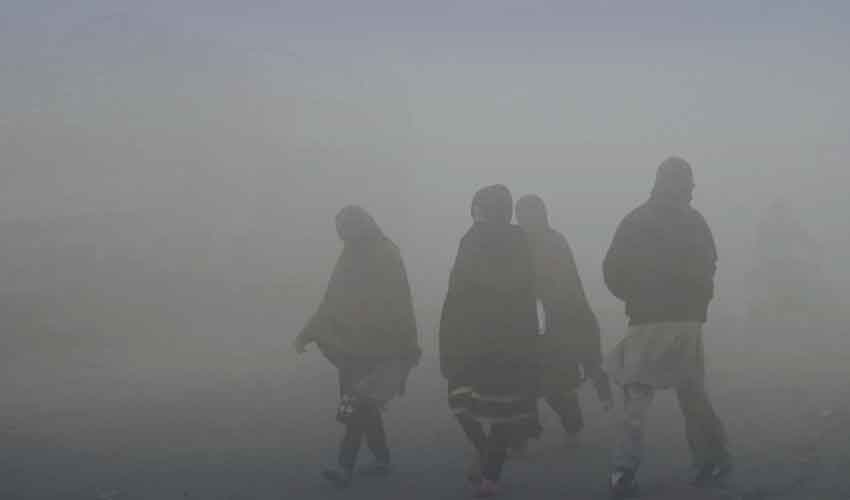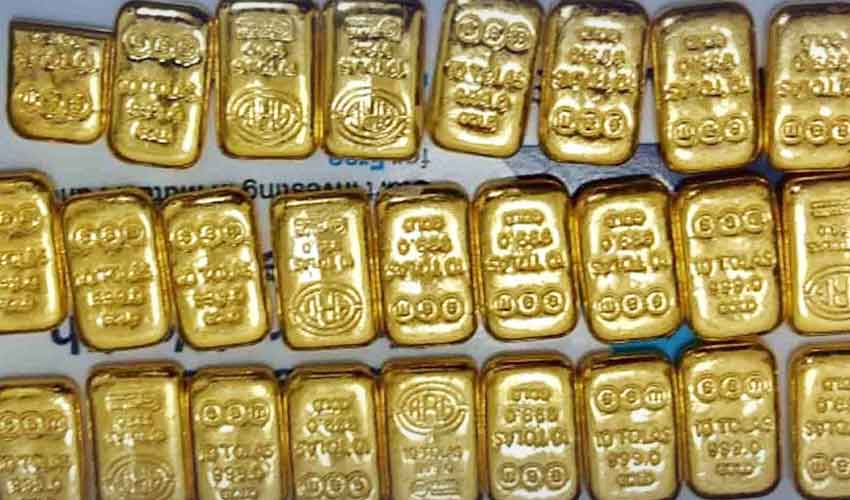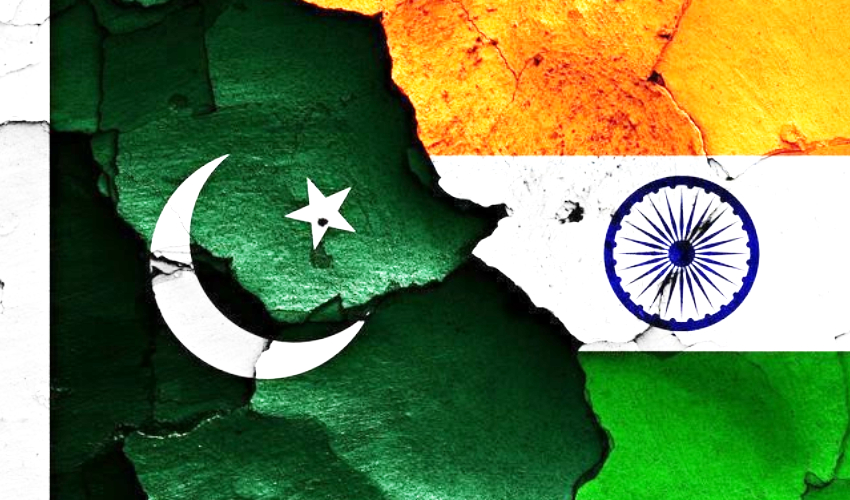Amid simmering tensions across the Taiwan Strait, former Taiwan president Ma Ying-jeou departed on Monday for an 11-day trip to China, where he is scheduled to meet Chinese President Xi Jinping for the second time next week, according to Reuters.
Ma, who served as president from 2008 to 2016, was the first former leader of Taiwan to travel to China last year.
Ever since Mao Zedong's communists won the civil war and forced the defeated Republic of China government to flee to Taiwan in 1949, no current Taiwanese leader has made a trip to China.
China has increased political and military pressure on Taiwan to reaffirm its claims to the democratically ruled island as its own territory.
Ma met Xi during a historic summit in Singapore in late 2015, just before Tsai Ing-wen, the president of Taiwan at the time, was elected.
The meeting with Xi, which has been extensively reported in Taiwanese media, has not been confirmed by Ma or the Chinese government.
Speaking on condition of anonymity because of the sensitive nature of the subject, three people familiar with Ma's travel informed Reuters that it was anticipated to occur in Beijing on Monday of next week.
"This is a trip of peace as well as friendship," Ma briefly spoke to the media at the Taiwan airport before taking off for Shenzhen, a city in Guangdong province in southern China.
Ma continued, saying he wished to send the message that the people of Taiwan value peace and want to avoid war.
When questioned last week about a meeting with Xi, China's Taiwan Affairs Office, which refers to him as "Mr. Ma Ying-jeou" rather than a former president because neither the Chinese nor the Taiwanese governments recognize each other, would only say that it wished Ma a smooth journey.
According to Ma's office, he will be visiting two companies while in Guangdong: Tencent, the world's largest video gaming firm, and BYD, the Chinese electric car behemoth that runs the WeChat messaging network.
Ma has no formal party position, although he is still a prominent member of Taiwan's biggest opposition party, the Kuomintang (KMT), which lost the presidential election in January for the third time in a row.
Though it categorically rejects being pro-Beijing, the KMT does support discussion and close ties with China.
Due to Beijing's perception of Tsai and her ruling Democratic Progressive Party as dangerous separatists, they have been turned down for negotiations on several times.
Tsai says that the future of Taiwan belongs to its people. China's claims to sovereignty are strongly opposed by her administration.





